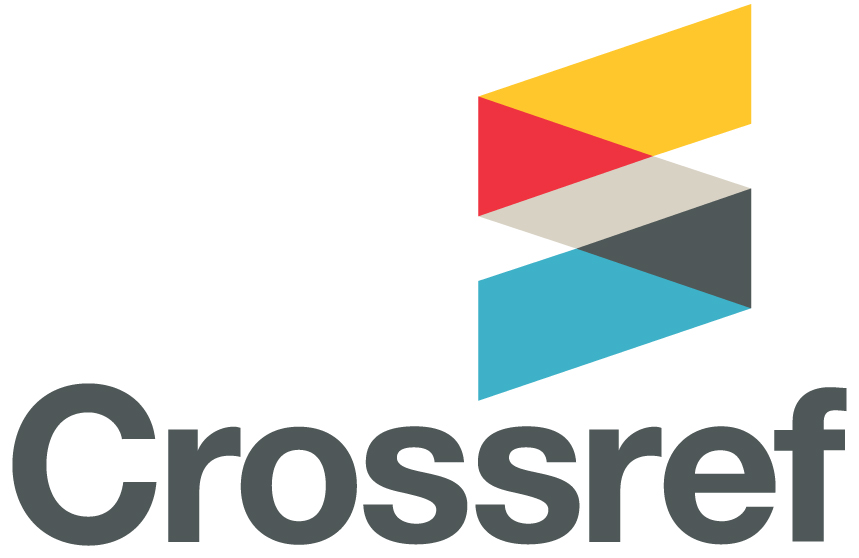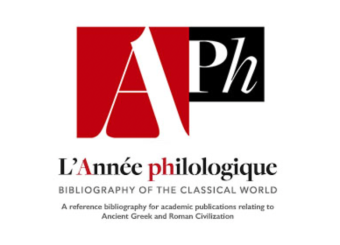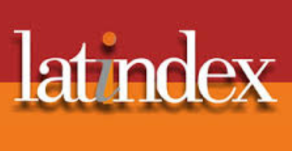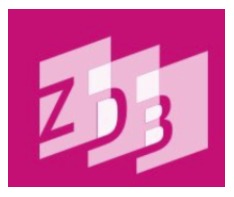CN. IULIUS AGRICOLA AS AN IMPERIAL LEGATE IN THE GALIA AQUITANIA: AN ATTEMPT OF HISTORICAL AND GEOGRAPHICAL RECONSTRUCTION
DOI:
https://doi.org/10.53382/issn.0719-9902.34Keywords:
Agricola, Gaul Aquitaine, Provincial legate, Roman administration, Roman provincial interdependenceAbstract
This article aims to describe and rebuild the provincial command of Cn. Julio Agrícola in Gallia Aquitania. The life of Agrícola carried out by Tacitus and subsequent historiographical studies have given little relevance to this fact, framing it only as a previous milestone to reach the consulate. The lack of evidence of all kinds complicates the task; in this way, with the written sources, it is necessary to give the context, geographical models, and the idea of Roman provincial interdependence an explanation of how Agrícola exercised the provincial command. In this way, we propose an attempt to reconstruct how a governor was chosen, as well as the foreseeable tasks and functions that he had to carry out in command of a province of praetorian rank at the beginning of the Flavian Era. We will argue throughout this article that the Roman Empire developed a complex mechanism for the appointment of positions, with Agrícola, his life and his passage through Aquitaine an example of the above.
References
Fuentes
Tácito 1988: Vida de Agrícola – La Germania, trad. de J. Requejo, Madrid.
Tácito 2010: La vita di Agricola – Germania, trad. de L. Lenaz y B. Ceva, Milán.
Tacitus 2018: Agricola, trad. de A.J. Woodman y C.S. Kraus, Cambridge.
Arrien 2017: L’art tactique – Histoire de la Succession d’Alexandre, trad. Pierre-Olivier Leroy, Paris.
Cayo Julio César 2008: Comentario de la Guerra de las Galias, trad. de J. Goya y Muniain, Buenos Aires.
Hirschfeld, Otto (ed.) 1898: Corpus inscriptionum latinarum, Vol. XIII, Berlin.
Cassius Dio 1927: Roman History, trad. de E. Cary, Cambridge.
Strabo 2014: The Geography of Strabo, trad. de D. Roller, Cambridge.
Plinio el joven 2007: Epistolario y Panegírico del emperador Trajano, trad. de J.C. Martín, Madrid.
S/A 1933: Prosopographia Imperii Romani, Berlin.
Pliny 1945: Natural History, Volume IV: Books 12-16. trad. de H. Rackham, Cambridge
Suetonio 1992: Vida de los doce Césares II, trad. de R. Agudo, Madrid.
Tácito 1986-1991: Anales, trad. J. Moralejo, Madrid.
Tacito 2019: Le Storie, trad. F. Nenci, Milán.
S/A, Roman Inscriptions of Britain, disponible en: https://romaninscriptionsofbritain.org
Obras citadas
Alfoldy, Géza y Halfmann Helmut 1973: El edetano M. Cornelius Nigrinus Curiatius Maternus: General de Domitiano y rival de Trajano, Valencia.
Barrón Ruíz de la Cuesta, Alberto 2020: Los seviros augustales en Hispania y las Galias: una aproximación a la movilidad social en el Imperio Romano, Logroño.
Birley, Anthony 2009: «The Agricola», en Woodman, A.J. (ed) The Cambridge companion to Tacitus, Cambridge.
Bost, Jean-Pierre 2009: «Bordeaux, ville cosmopolite sous le Haut-Empire romain», en Bost, Jean-Pierre, L’Empire romain et les sociétés provincials, Pessac.
Breeze, David y Dobson, Brian 2000: Hadrian’s Wall, London.
Campbell, Brian 1975: «Who Were the “Viri Militares”?», Journal Roman Studies 65.
Campbell, Brian 1996, The Emperor and the Roman Army 31BC-AD235, Oxford.
Carreras César y de Soto, Pau 2010: Historia de la movilidad en la península ibérica, Barcelona.
Chastagnol, André 1992: Le Sénat romain à l’époque Impériale, Paris.
Cheesman, Georg 1914: The Auxilia of the roman imperial army, Oxford.
Cizek, Eugen 1983: L’epoque de Trajan cirsconstances politiques et problèmes idéologiques, Paris.
Drinkwater, J.F. 2014: Roman Gaul: The Three Gauls, 58BC-260AD, Worcester.
Finley, Moses 2003: La economía de la antiguedad, Ciudad de México.
Forni, Giovanni 1992: «Il reclutamento delle legioni da Augusto a Diocleziano », en Forni, Giovanni, Essercito e marina di Roma antica: raccolta di contributi, Stuttgart.
Gambash, Gil 2019: Rome and provincial resistance, New York.
Garzetti, Albino 1964: From Tiberius to the Antonines, London.
Gayet, Frédéric 2006: «Les unités auxiliaires gauloises sous le Haut-Empire romain», Historia: Zeitschrift für Alte Geschichte 55.
Godineau, Christian 2008: «Gaul», en Bowman, A.; Garnsey, P. y Rathbone, D. (eds), The Cambridge Ancient History Vol XI: The high Empire, Cambridge.
Levick, Barbara 2003: Vespasian, London.
Luttwak, Edward 1976, 2016: The Grand strategy of the Roman Empire: from the first century AD to the third, Baltimore.
Mann, J.C. 1974: «The Frontiers of the Principate», en Temporini, H. (ed.) Aufstieg und Niedergang der römischen Welt II.2, Berlin.
Millar, Fergus 1977: The Emperor in the Roman World, London.
Millar, Fergus 1982: «Emperors, Frontiers and Foreign Relations, 31 B.C. to A.D. 378», Britannia 13.
Roman, Yves 2009: «Entre Rome et Gaules, le commerce, vecteur de romanization», Pallas 80.
Sáez, Andrés 2019: «Acceso y uso de información militar en época Antonina: una aproximación al libro X del epistolario de Plinio el Joven», Limes 30.
Sáez, Andrés 2020: «Los Viri Militares en época Antonina: una mirada general a la formación militar en el siglo II», Nuova Antologia Militare X.
Sáez, Andrés 2021: Geografía, Política y Pensamiento Militar en época Antonina: una visión del Imperio Romano en el siglo II, Temuco.
Sailor, Dylan 2011: Writing and Empire in Tacitus, Cambridge.
Sealey, P. R. 2009: «New Light on the Wine Trade with Julio-Claudian Britain», Britannia 40.
Sherwin-White, A.N. 1969: «Pliny, the Man and His Letters», Greece & Rome 16, 1.
Spaul, John 2000: Cohors 2: The evidence for and short history of the auxiliary units of the Imperial Roman Army, Oxford.
Syme, Ronald 1957: «The Friends of Tacitus», Journal of Roman Studies 47.
Syme, Ronald 1967: Tacito, Brescia.
Tassaux, Francis 2012: «Ports et navigation en Aquitaine romaine – note bibliographique», Histria Antiqua 21.
Thomas, Richard 2009: «The Germania as literary text» en Woodman, A.J. (ed), The Cambridge companion to Tacitus, Cambridge.
Wheeler, Everitt 1993: «Methodological Limits and the Mirage of Roman Strategy: Part I», Journal of Military History 57.
Woolf, Greg 2003: Becoming Roman: The origins of provincial civilization in Gaul, Cambridge.
Downloads
Published
Issue
Section
License
Copyright (c) 2021 Grecorromana. Revista Chilena de Estudios Clásicos

This work is licensed under a Creative Commons Attribution-NonCommercial-NoDerivatives 4.0 International License.













